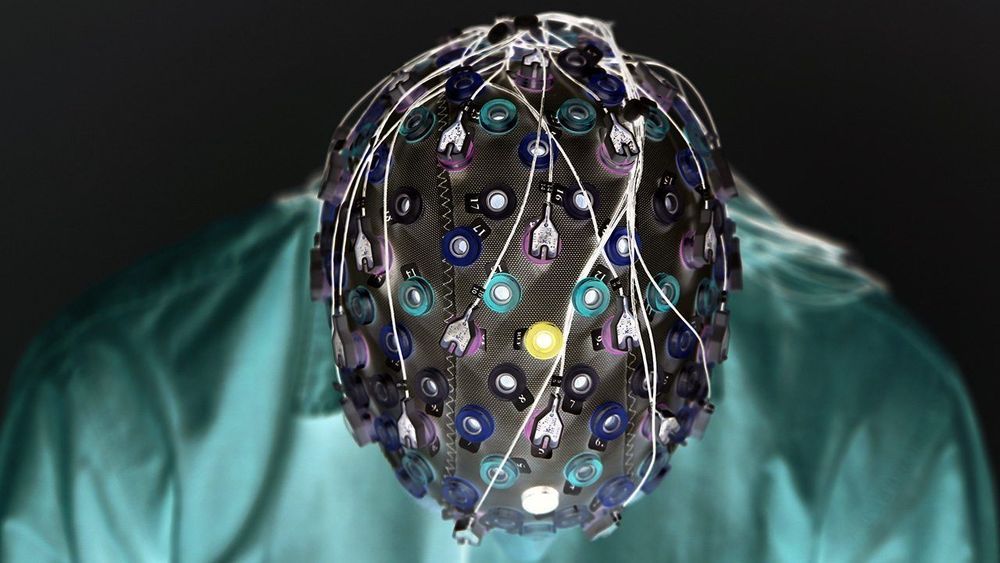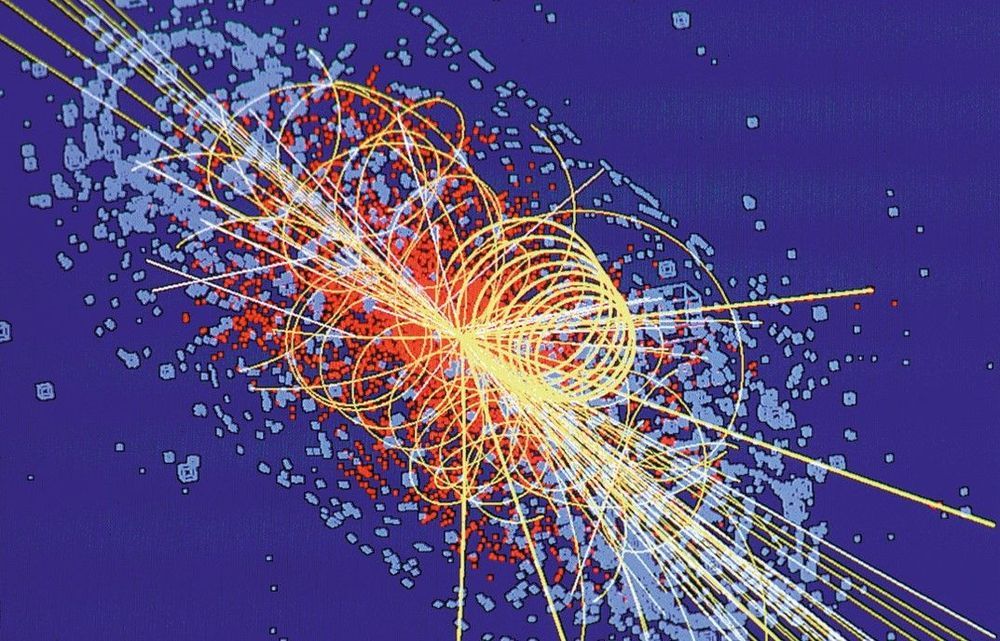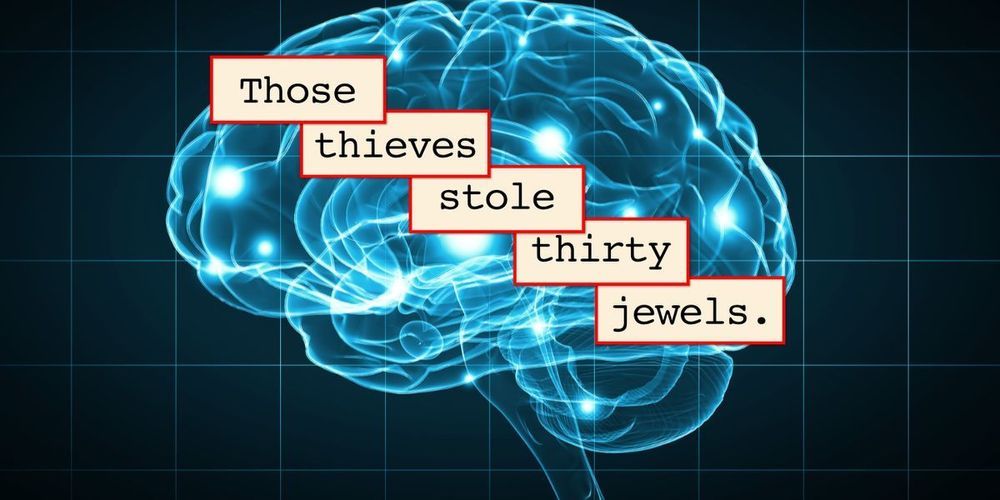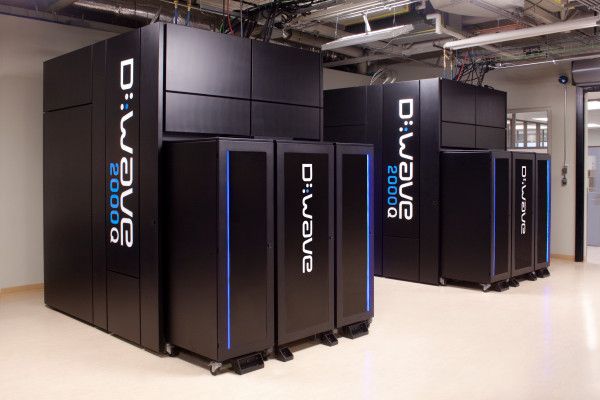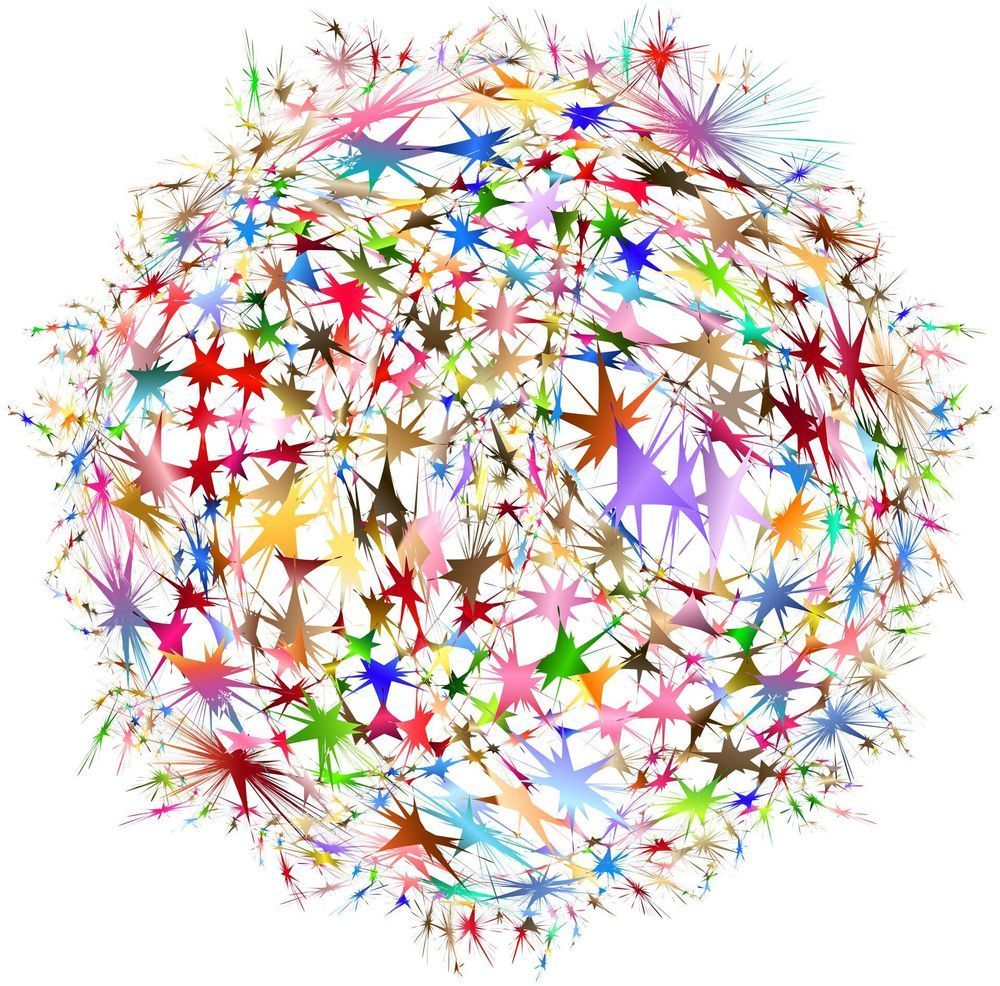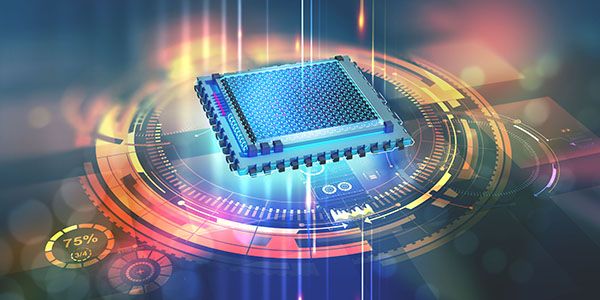D-Wave, the Canadian quantum computing company, today announced that it is giving anyone who is working on responses to the COVID-19 free access to its Leap 2 quantum computing cloud service. The offer isn’t only valid to those focusing on new drugs but open to any research or team working on any aspect of how to solve the current crisis, be that logistics, modeling the spread of the virus or working on novel diagnostics.
One thing that makes the D-Wave program unique is that the company also managed to pull in a number of partners that are already working with it on other projects. These include Volkswagen, DENSO, Jülich Supercomputing Centre, MDR, Menten AI, Sigma-i Tohoku University, Ludwig Maximilian University and OTI Lumionics. These partners will provide engineering expertise to teams that are using Leap 2 for developing solutions to the Covid-19 crisis.
As D-Wave CEO Alan Baratz told me, this project started taking shape about a week and a half ago. In our conversation, he stressed that teams working with Leap 2 will get a commercial license, so there is no need to open source their solutions and won’t have a one-minute per month limit, which are typically the standard restrictions for using D-Wave’s cloud service.
